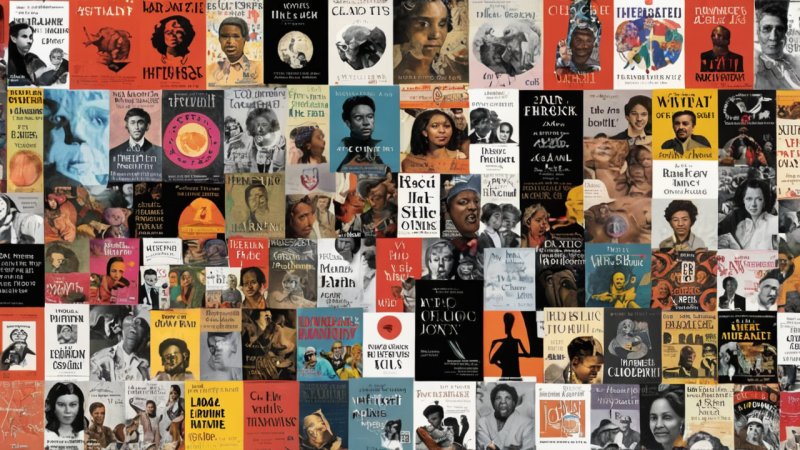Non-fiction books have long played a pivotal role in shaping societies, influencing public opinion, and inspiring individuals to take action. From exposing social injustices to providing insights on pressing global issues, these books can ignite movements, provoke discussions, and foster a deeper understanding of the world around us. Here, we explore several non-fiction titles that have catalyzed significant social change, showcasing their impact and the lessons we can draw from them.
1. "Silent Spring" by Rachel Carson
Published in 1962, this groundbreaking book raised awareness about the dangers of pesticides, particularly DDT, on the environment. Carson’s eloquent prose and meticulous research galvanized the environmental movement, leading to policy changes and the eventual establishment of the Environmental Protection Agency (EPA).
2. "The Feminine Mystique" by Betty Friedan
Friedan's 1963 work is often credited with sparking the second wave of feminism in the United States. By challenging the traditional roles of women, she encouraged women to seek fulfillment outside of domestic life, ultimately reshaping societal views on gender and equality.
3. "The Autobiography of Malcolm X" as told to Alex Haley
This powerful narrative presents Malcolm X's life as a journey of self-discovery and transformation. It has inspired countless readers to confront issues of race, identity, and justice, serving as a significant text in the Civil Rights Movement and beyond.
4. "A People’s History of the United States" by Howard Zinn
Zinn’s 1980 book offers a different perspective on American history, focusing on the experiences of marginalized groups. By highlighting the struggles of everyday people, Zinn encourages readers to question dominant narratives and recognize the importance of grassroots movements for social change.
5. "The New Jim Crow: Mass Incarceration in the Age of Colorblindness" by Michelle Alexander
This influential book examines the systemic racism within the U.S. criminal justice system and its impact on African American communities. Alexander’s work has sparked discussions on criminal justice reform and has been instrumental in movements like Black Lives Matter.
6. "Just Mercy" by Bryan Stevenson
Stevenson’s memoir recounts his experiences as a lawyer defending those most desperate and in need: the poor, the wrongly condemned, and women and children trapped in the farthest reaches of our criminal justice system. This book has inspired a renewed focus on the importance of compassion and justice in society.
7. "Sapiens: A Brief History of Humankind" by Yuval Noah Harari
Harari’s exploration of human history encourages readers to consider the impact of societal structures on our future. By understanding our past, he inspires discussions on sustainability, equality, and the future of humanity, making it a pivotal read for contemporary issues.
8. "Educated" by Tara Westover
This memoir details Westover's journey from a survivalist family in rural Idaho to earning a PhD from Cambridge University. Her story emphasizes the transformative power of education, inspiring many to pursue knowledge and advocacy for educational access.
9. "The Immortal Life of Henrietta Lacks" by Rebecca Skloot
Skloot’s book uncovers the story behind the HeLa cells, raising ethical questions about medical research and consent. It has spurred conversations about race, ethics, and the exploitation of marginalized individuals in scientific research.
10. "Half the Sky: Turning Oppression into Opportunity for Women Worldwide" by Nicholas D. Kristof and Sheryl WuDunn
This book sheds light on the oppression women face globally and advocates for gender equality as vital to social progress. Kristof and WuDunn’s compelling narratives encourage readers to take action towards improving the lives of women worldwide.
In conclusion, non-fiction books are not merely sources of information; they are powerful tools for social change. By shedding light on critical issues, these works inspire readers to engage with the world, challenge the status quo, and advocate for a more just and equitable society. The titles mentioned above exemplify how literature can move beyond the page and into the realm of activism, encouraging us all to become catalysts for change.






